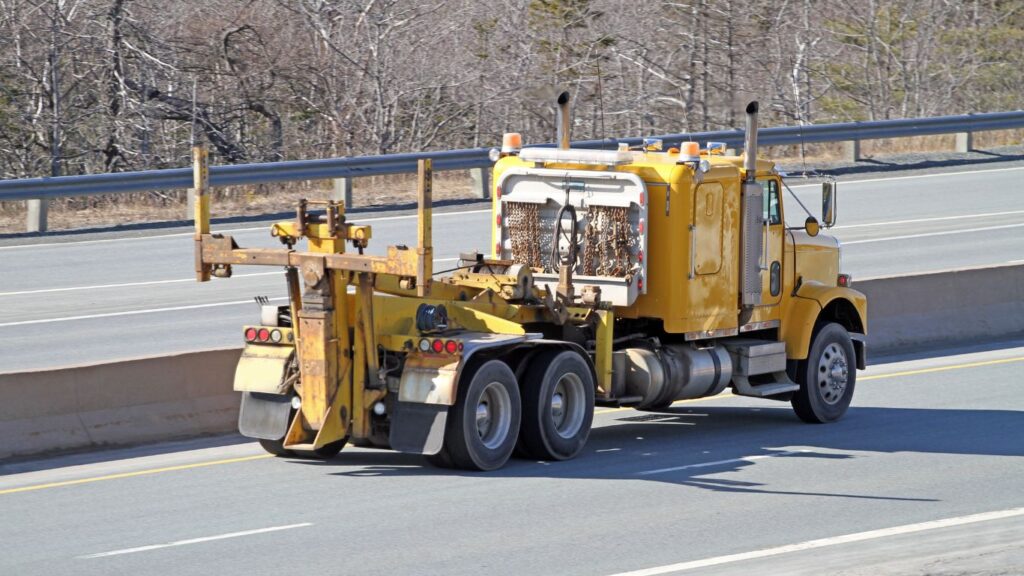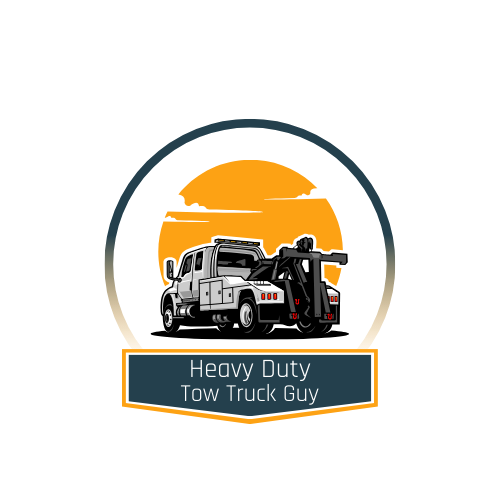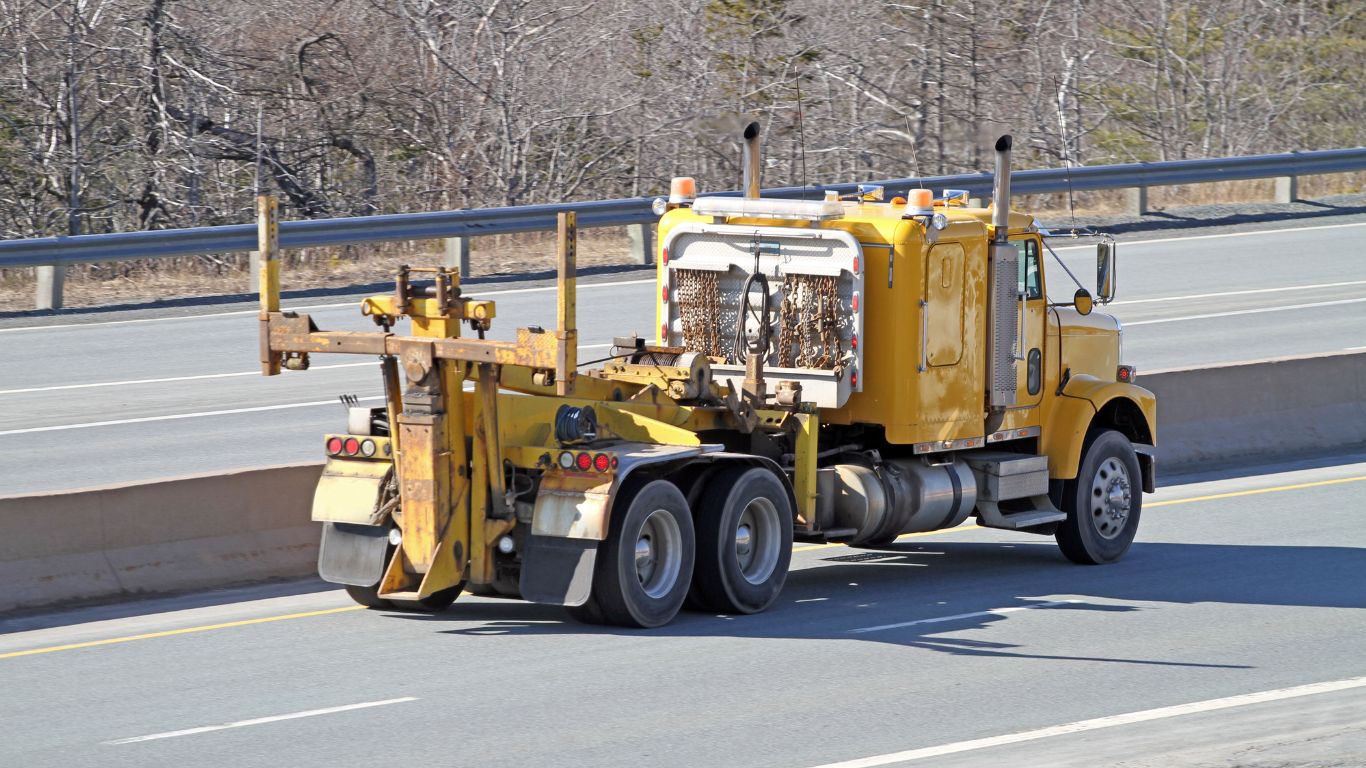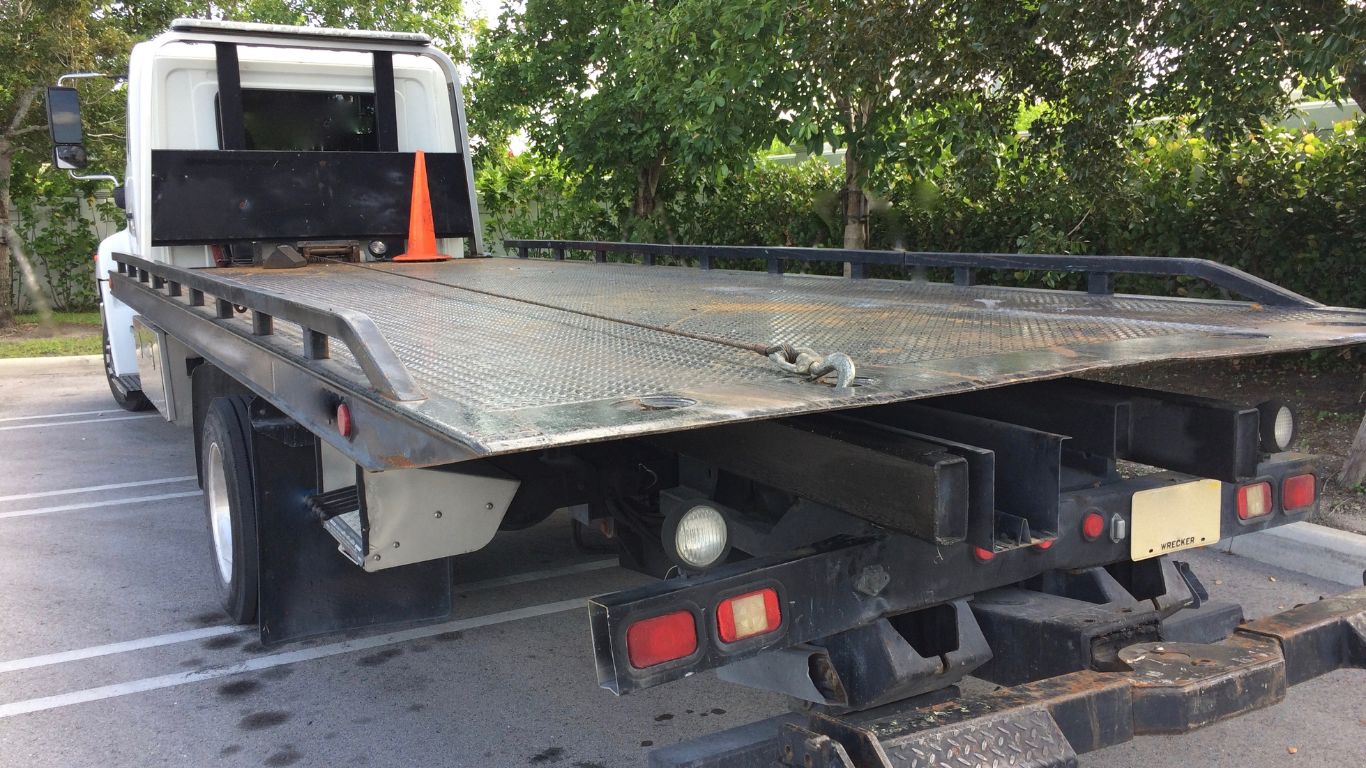
When it comes to heavy-duty towing, you need a tow truck that is up to the task. Heavy-duty tow trucks are designed to handle larger vehicles and equipment, and they require specialized knowledge and expertise to operate effectively. In this comprehensive guide, we will take you through everything you need to know about heavy duty tow trucks. From understanding what defines a heavy-duty tow truck and the complexities involved in heavy-duty towing operations, to the essential features of a strong heavy-duty tow truck, and the importance of certified operators in heavy-duty towing. We will also provide valuable insights on how to choose a heavy-duty roadside assistance program and what factors you should consider when selecting one. By the end of this guide, you’ll have all the information you need to make informed decisions about your heavy duty towing requirements.
Understanding the World of Heavy Duty Tow Trucks
Heavy duty tow trucks, equipped with powerful engines and heavy-duty towing equipment, are designed to tow and recover large vehicles like tractor-trailers and work trucks. Handling the unique challenges of heavy duty towing requires specialized knowledge and skills. Tow truck companies that offer heavy duty towing services are equipped to handle a wide range of situations, making heavy duty tow trucks essential for the transportation and recovery of commercial vehicles.
What Defines a Heavy Duty Tow Truck?
A heavy duty tow truck is specially designed to handle the towing and recovery of heavy vehicles. With a towing capacity ranging from 20 to 75 tons, these trucks are equipped with powerful winches, booms, and other towing equipment. They also feature additional safety features to tackle the complexities of heavy duty towing.
The Complexities and Challenges in Heavy Duty Towing
Handling larger and heavier vehicles in heavy duty towing requires specialized equipment and techniques. The weight distribution and size of these vehicles can make towing more difficult and require blocking and cribbing techniques for stability. Towing in tight spaces or difficult terrain, along with weather conditions and traffic congestion, further complicate operations.
How do Heavy Duty Towing Operations Differ from Standard Ones?
Heavy duty towing operations differ from standard ones in various ways. They require specialized equipment with higher towing capacities and involve different techniques and procedures. Additionally, heavy duty towing often requires a team of operators for safety and efficiency. The logistics and coordination involved can be more complex, and there may be additional permits and compliance requirements.
The Key Elements that Make a Strong Heavy Duty Tow Truck
A strong heavy duty tow truck incorporates high-quality materials and components, along with a sturdy chassis designed to withstand the stress of towing. The strength of the winch, boom, and other towing equipment, as well as a powerful engine and robust transmission, contribute to its towing capacity. Additionally, safety features like stabilizer bars and hydraulic systems further enhance the overall strength.
What are the Essential Features to Look for in a Heavy Duty Tow Truck?
When choosing a heavy duty tow truck, consider its towing capacity to meet your specific needs. Look for a reliable winch and boom system for effective towing. Durability and quality of the chassis, engine, and transmission are important. Additional features like stabilizer bars and hydraulic systems enhance safety and efficiency. Compatibility with the type of vehicles you’ll be towing is crucial.
Importance of Certified Operators in Heavy Duty Towing
Certified operators in heavy duty towing undergo training and certification to ensure their competence. They possess the knowledge and skills to handle complexities and challenges. Hiring certified operators ensures safety, efficient assessment, and capable handling of heavy vehicles, providing peace of mind.
Why is Professional Certification Essential for Heavy Duty Tow Truck Drivers?
Professional certification is crucial for heavy duty tow truck drivers. It validates their expertise and skills, ensuring they are up to date with industry standards. Certified drivers handle towing operations safely and efficiently, enhancing the reputation of the tow truck company.
How to Choose a Heavy Duty Roadside Assistance Program
When selecting a heavy duty roadside assistance program, consider the coverage area and 24/7 availability for prompt assistance. Assess the range of services offered, compare response times, and check customer reviews for reliability and satisfaction.
What Factors Should You Consider When Choosing a Roadside Program for Heavy Duty Trucks?
When choosing a roadside program for heavy duty trucks, consider their specialization and experience in handling these vehicles. Evaluate their towing capacity and available equipment. Check if they have service providers in your operating areas. Look for additional features like vehicle tracking and discounted repair services. Compare costs and ensure good value.
Are All Heavy Duty Tow Trucks Built the Same?
Heavy duty tow trucks are not all built the same. They vary in design and capabilities, with different trucks equipped to handle specific vehicles and situations. Manufacturers offer customization options, and specialized tow trucks are designed for towing tractor-trailers and other large commercial vehicles. These trucks can handle heavy-duty jobs thanks to their ability to tow tons of weight.
What Makes One Heavy Duty Tow Truck Stand Out from Another?
When it comes to heavy duty tow trucks, there are several factors that set one apart from another. The towing capacity plays a crucial role, but unique features like advanced winch systems, state-of-the-art technology, specialized attachments, and the reputation of the manufacturer or tow service can also make a heavy duty tow truck stand out.
Conclusion
In conclusion, heavy duty tow trucks play a crucial role in the transportation and recovery industry. Their ability to handle large and heavy vehicles sets them apart from standard tow trucks. The complexities and challenges involved in heavy duty towing require specialized equipment and trained operators. When choosing a heavy duty tow truck, it is important to consider essential features such as towing capacity, stability, and durability. Furthermore, certified operators are essential for ensuring safe and efficient heavy duty towing operations. Finally, when selecting a roadside assistance program for heavy duty trucks, factors such as response time, coverage area, and services offered should be taken into account.



